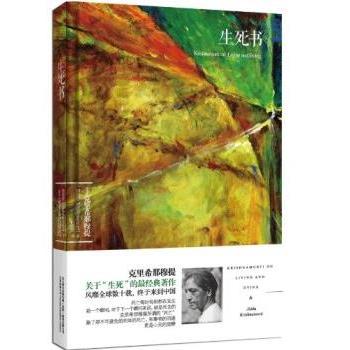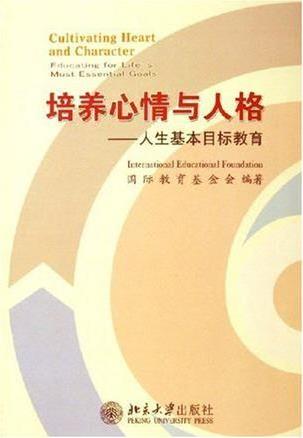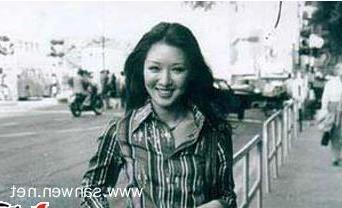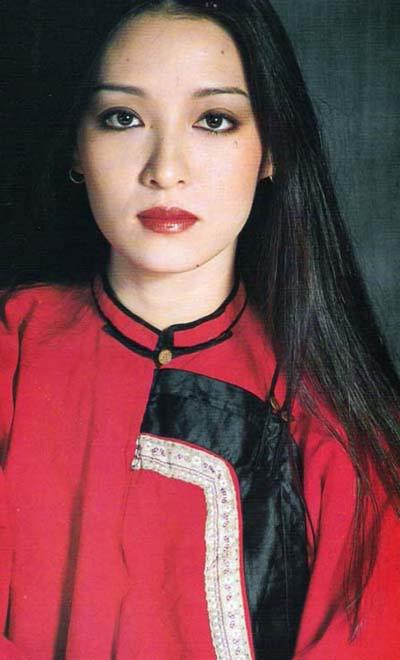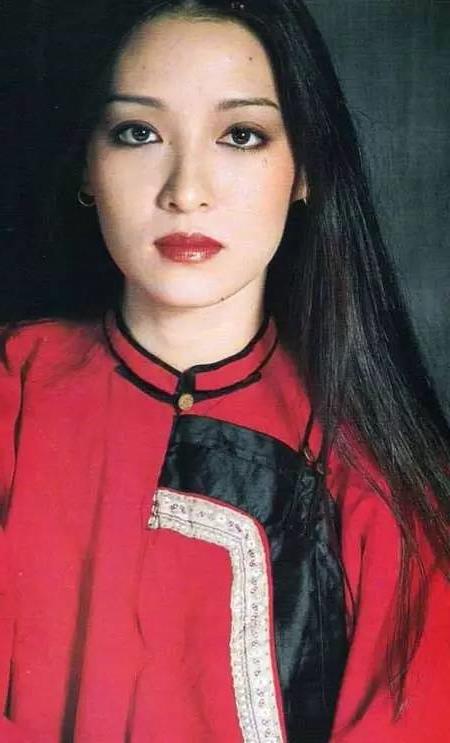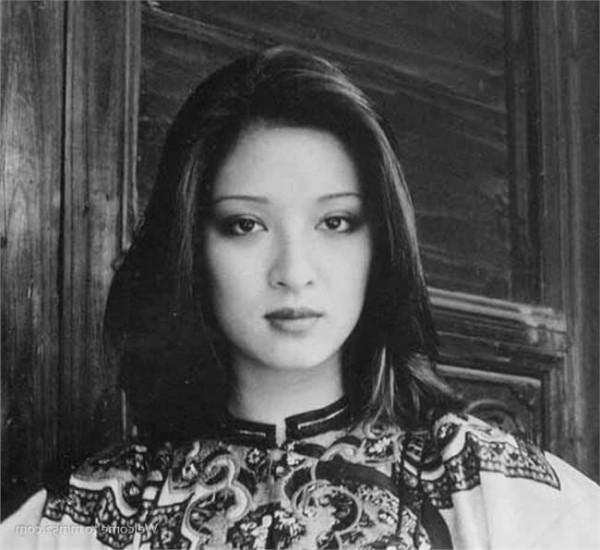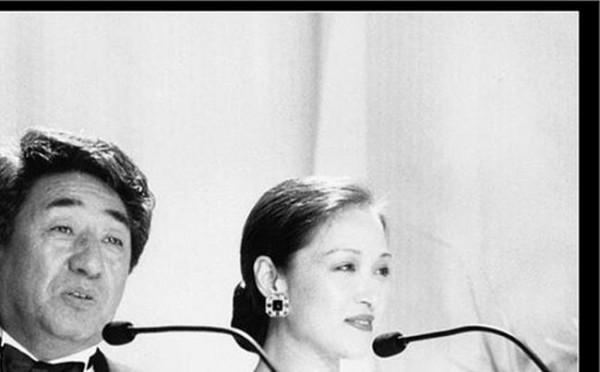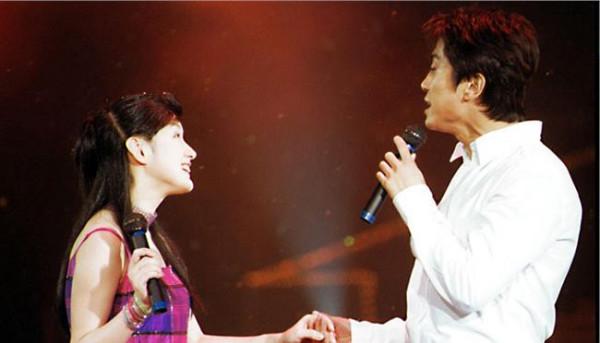u g 克里希那穆提的一段问答
U.G.:我永远无法坐在讲台上去演讲。那太假了。坐在那里,用一些假定的抽象的术语来讨论问题简直是一种浪费时间。一个发怒的人不会愉快的坐着讨论如何转化愤怒。他只是十分愤怒。所以,别告诉我你处于危机当中,你很愤怒。为什么要讨论愤怒呢?那只说明你一直活在一种希望当中,希望将来某一天,某个时间你不再愤怒了。你背负着希望而活,如果今生无望,你又创造了来生。而根本没有来生。
Q: Well, it certainly cannot be said that yourtalking gives hope to anyone. Why do you talk if not to console orinstruct?
问:由此看来你的话不能给任何人带来希望,既然你不能给别人带来某种慰藉或者指导,那为什么你还要和别人说话呢?.G.: What am I to do? You come, I talk. Do you want me to criticizeyou, to throw stones? It is useless, for you are affected bynothing, having erected an impenetrable armor around yourself. Youfeel nothing. Unable to understand your situation, you reactthrough thought, which is your ideas and mentations.
Reaction isthought. The pain you are going through there is clearly reflectedwithout having to experience the pain here. Here there is noexperience at all. That is all. In this natural state you feel thepain of others, whether you personally know them or not.
Recentlymy eldest son was dying of cancer in a hospital nearby. I was inthe area and visited him often. Friends said that I was in intensepain during the whole time, until he died. I cannot do anything. It(pain) is an expression of life. They wanted me to attempt somekind of healing for his cancer. If I touch that tumor it will grow,for I am adding life to it. Cancer is a multiplication of cells,another expression of life, and anything I might do onlystrengthens it.
u.g:是我要做什么吗?你来了,我说话。难道你希望我骂你,朝你扔石头?这一切都是无用的,因为你不受任何影响,你已经在自己周围树立了牢固的甲胄。你感觉不到任何东西。因为无法理解你的处境,你通过思想反应--,就是那些想法,念头,和心理活动。反应就是思想。你在别处经历的痛苦,在此处不需亲自体验就能清晰的反映出来。此处根本没有经验。这是一切。在这种自然的状态里,无论你是否知道,你确实能感受到他人的痛苦。最近我的儿子罹患了癌症,快要死了。他住在距我很近的一家医院,所以我经常去看他。朋友们说,我一直显示出强烈的的痛苦,直到他去世。我无法做任何事情,它(癌症)是一种生命的表现。他们希望我施展一些能力来治疗癌症。而如果我碰那个肿瘤的话,它就会增长。因为我在往它身上增加生命。癌症是一些细胞的繁殖,另一种生命的表现,我对之采取的任何措施都只是强化它。Q: So you can appreciate the suffering of others and yet are freeof it yourself, is that it?
问:所以你就只是观看着别人受苦,而你自己却从中解脱,是吗?
U.G.: Suffering is an experience, and there is no experience here.You are not one thing, and life another. It is one unitary movementand anything I say about it is misleading, confusing. You are not a"person", not a "thing", not a discrete entity surrounded by"other" things. The unitary movement is not something which you canexperience.
U.G:受苦是一种经验,而本质上这里没有经验。并不是说你是一个事物,生活是另一个。它本质上一体的运动,任何我所说的话,都可能误导和造成困惑。你并不是一个“个人”,也不是一个“事物”也不是一个被其他事物围绕的分散实体。这一切是一体的,一体的运动并不是可以被“你”体验的。
Q: But to talk of living without experiencing sounds irrationalto our minds
问:但是说没有经验的生活听起来有点太荒谬了。
U.G.: What I am saying conflicts with your logical framework.You are using logic to continue that separative structure, that isall. Your questions are again thoughts and therefore reactive. Allthought is reactive. You are desperately protecting this armour,this shield of thought, and are frightened that the movement oflife might smash your frontiers.
Life is like a river in spate,lashing at the banks, threatening the limits that have been placedaround it. Your thought structure and your actual physiologicalframework are limited, but life itself is not. That is why life infreedom is painful to the body; the tremendous outburst of energythat takes place here is a painful thing to the body, blastingevery cell as it goes. You cannot imagine how it is in your wildestdreams. This is why it is misleading no matter how I put it.
U.G.:我所说的跟你的逻辑架构会有冲突。你一直是在用逻辑来维持那个分离的架构。你的问题又是思想和反应。所有的思想都是反应性的。你疯狂的保护着这个盔甲,这个思维的盾牌,十分恐惧生活的运动会摧毁这道防线。生活就像洪水不断的冲击围绕着它的防洪闸。你的思维架构以及生理架构都是受限制的,但是生活本身不是。这就是为什么自由的生活对身体来说是痛苦的。巨大的能量迸发和冲击对身体来说是很痛苦的,在运行的过程中会损害每一个细胞。你甚至无法想象它。这就是为什么无论我怎么说,都会误导你的原因。Q: The gurus and priests teach us also that there is no separativestructure and that that is the source of our problems. How do youdiffer from them?
问:古鲁和神甫们也教导我们没有独立的个体架构,而那是我们的问题之源。你同他们有什么区别吗?
U.G.: For you, and them, it is just words. Your belief in aunitary movement of life is just a groundless belief, lacking anycertainty. You have cleverly rationalized what the gurus and holybooks have taught you. Your beliefs are the result of blindacceptance of authority, all secondhand stuff. You are not separatefrom your beliefs. When your precious beliefs and illusions come toan end, you come to an end. My talking is nothing more than theresponse to your pain, which you are expressing through questions,logical arguments, and other mentations.
U.G:你和他们所说的,只是语言而已。你对宇宙整体运行的信念不过是无根据的盲信,缺少确定性。你很聪明的把古鲁或者圣经上的教导在自己内心中合理化了。你的确信不过是对权威的盲目接受,而那都是二手货。你同你的信仰并不能分开,当你珍贵的信仰或幻象终止时,你也终止了。我的谈话对你来说只不过意味着对你的痛苦的反应,而这痛苦是被通过提问和逻辑思辩表达出来的。
Q: But surely your sitting here and talking hour after hourindicates that you have a philosophy, a message to give, even if itis poorly understood by your listeners.
问:但是你的确是坐在这里,连续几个小时的谈话,这表明你确实有一种哲学,信息需要传达,虽然可能听者不能很好的理解。U.G.: Not at all. There is nobody here talking, giving advice,feeling pain, or experiencing anything at all. Like a ball thrownagainst the wall, it bounces back, that is all. My talking is thedirect result of your question, I have nothing here of my own, noobvious or hidden agenda, no product to sell, no axe to grind,nothing to prove.
U.G:根本没有。这里根本没有人在谈话,给出意见,感受痛苦,或经验任何事情。一切就象扔向墙上的球,它反弹回来,只是这样。我的谈话是直接缘自于你的问题,我没有任何自己东西,没有明显的或者隐秘的动机,没有东西需要卖,没有斧子需要磨,不需要证明任何东西。
Q: But the body is transient, and we all aspire for some kind ofimmortality. Naturally we turn to higher philosophy, religion, thespiritual. Surely, if we ...问:但是身体是短暂的,我们都憧憬某种永恒不朽的东西。很自然的我们就会朝向深奥哲学,宗教,这些精神性的资料。当然,如过我们....
U.G.: It is the body which is immortal. It only changes its formafter clinical death, remaining within the flow of life in newshapes. The body is not concerned with "the afterlife" or any kindof permanency. It struggles to survive and multiply NOW. Thefictitious "beyond", created by thought out of fear, is really thedemand for more of the same, in modified form.
This demand forrepetition of the same thing over and over again is the demand forpermanence. Such permanence is foreign to the body. Thought'sdemand for permanence is choking the body and distortingperception. Thought sees itself as not just the protector of itsown continuity, but also of the body's continuity. Both are utterlyfalse.
U.G.:身体本身恰恰是永恒的.在临床死亡之后,它不过是换了换形式而已,但仍旧在新的生命形式里流动循环.身体本身从来不担忧"死后的生活"或永恒这类事情.当下它不断的奋力运作,活着和繁殖.那种"超越"的设想是出自于恐惧所制造出来的思想,它是出于对于同类事情的重复经历的需求.
这种对同类事情一次又一次重复经历的渴求,就是对永恒的渴求.而身体对这种永恒是不熟悉的。思想对永恒的追求窒息了身体的活力,扭曲了洞视.思想不仅把自己看作是自己的连续性的保护者,还把自己看成是身体连续性的保护者.
Q: It seems that some sort of radical change must take place,but without the interference of will ...问:看起来似乎必须要发生某种根本变化,但不能有意志的干涉....
U.G.: If it occurs through no volition of yours, then that is theend of it. You will have no way of stopping it, of changing thesituation at all. You cannot but go through it.
It does no good toquestion reality. Question, rather, your goals, your beliefs, andassumptions. It is from them, not reality, that you must be freed.These pointless questions you are asking will disappear with theautomatic abandonment of your goals. They are interdependent. Onecan't exist without the other.
U.G.:如果这种变化没有通过你的意志干预而自然发生了,那这就是终点了.你无法阻止它,或者改变它.只能去经历它.
对终极真实进行质疑没有好处.不如质疑你的目标,信仰,和各种假想----你需要从这些东西里面而不是终极真实里解脱出来.当你放弃了你的目标的时候,那些你问的无意义的问题就会自动消失.他们是彼此关联,你中有我的.

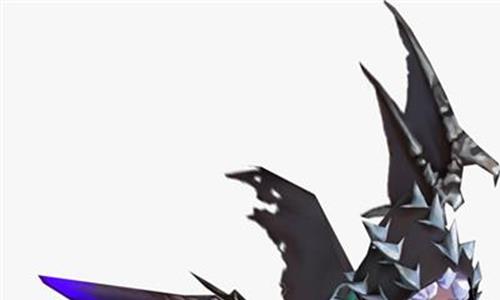
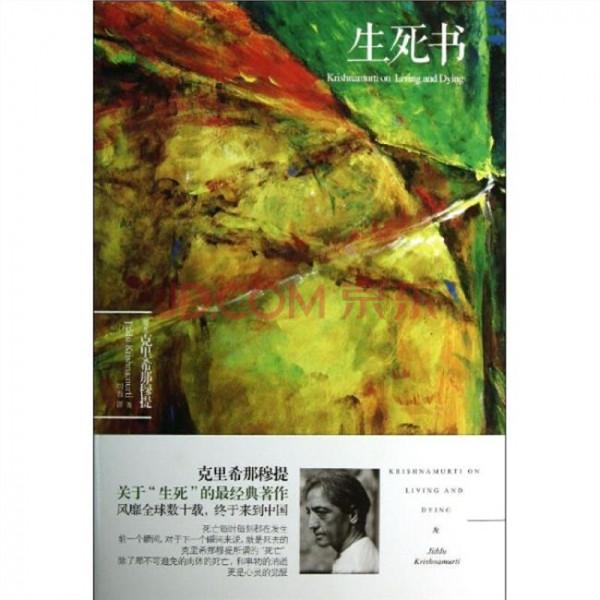
![[转载]m kata谈克里希那穆提](https://pic.bilezu.com/upload/0/fb/0fb57716bdcee2e71fbb5d8934fe4964_thumb.jpg)
![[读书笔记]心灵成长、灵修类精选书目](https://pic.bilezu.com/upload/9/26/926397b9ba5a40ece0aa1b0b06e03127_thumb.jpg)
